
A Plant Once Thought to Be a Weed, Surprisingly Elevated to a Noble Dish, Good for Health: Vietnamese Coriander
n many parts of the world, plants once dismissed as weeds have gradually found their way into the spotlight of modern cuisine and health trends. One such plant is Vietnamese coriander (Persicaria odorata), a herb that was traditionally considered a humble, wild plant. However, it has now been elevated to the status of a prized culinary and medicinal ingredient, appreciated for both its flavor and its health benefits.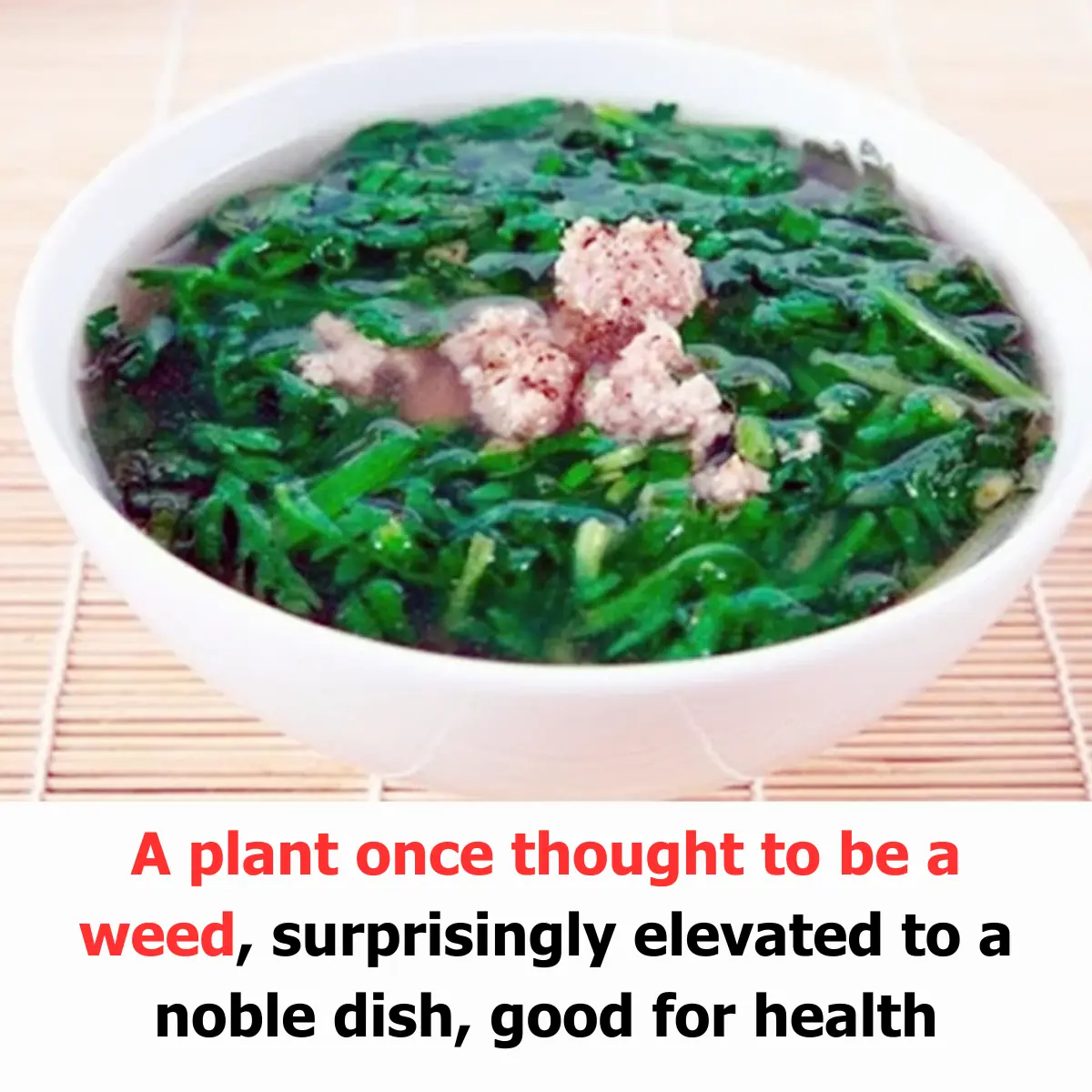
A Humble Beginning
Vietnamese coriander is native to Southeast Asia, where it thrives in the warm and humid climates of countries like Vietnam, Thailand, and Cambodia. Despite being widely considered a weed in the past due to its rapid growth and strong, pungent aroma, the plant is now widely recognized for its versatility in cooking and its potential health advantages.
A Unique Flavor Profile
The flavor of Vietnamese coriander is distinct, with a combination of spicy, peppery, and citrusy notes. Its bold taste makes it a perfect addition to salads, soups, and savory dishes. It pairs well with fish, meats, and even in wraps, adding a vibrant and refreshing twist to traditional recipes.
One of its most common uses is in Vietnamese cuisine, where it's often included in dishes like pho (a popular noodle soup) and goi cuon (fresh spring rolls). The herb's flavor is so powerful that even a small amount can significantly elevate a dish, making it a favorite among chefs and home cooks alike.
A Healthful Herb
Beyond its culinary appeal, Vietnamese coriander is increasingly valued for its health benefits. Traditionally used in folk medicine for its anti-inflammatory, antioxidant, and antimicrobial properties, the herb has been shown to help with a variety of health concerns. Some studies suggest that it can aid digestion, improve liver function, and even help alleviate symptoms of colds or digestive discomforts.
The plant is also rich in essential vitamins and minerals, including vitamin A, vitamin C, calcium, and iron. These nutrients contribute to its health-boosting qualities, supporting immune health, skin health, and overall well-being. Additionally, its high antioxidant content makes it an excellent herb for fighting oxidative stress and promoting better skin health.
From Weeds to Gourmet Dishes
The rise of Vietnamese coriander from an overlooked weed to a highly sought-after ingredient has been nothing short of remarkable. It is now a star in modern kitchens and has found its way into a wide range of gourmet dishes, thanks to its unique flavor and healthful properties. Not only is it used in traditional Vietnamese cuisine, but it is also gaining popularity in global food trends, appearing in creative fusion dishes and health-conscious recipes.
Farmers and gardeners are now actively cultivating Vietnamese coriander due to its growing demand, and it is becoming more widely available in grocery stores and farmer’s markets. With its adaptability and resilience, it's an easy herb to grow in home gardens, even in containers, making it a favorite among urban gardeners looking to add a fresh, flavorful ingredient to their meals.
Conclusion
What was once considered a common weed has now transformed into a valuable culinary and health asset. Vietnamese coriander's rise to prominence is a reminder that sometimes, the most unassuming plants hold incredible potential. Whether you’re using it to enhance a dish or reap its health benefits, this herb has certainly earned its place as a noble addition to both modern kitchens and wellness routines. So, next time you encounter this "weed," remember that it might just be the secret ingredient you've been looking for!
News in the same category


Ever Wondered Why Hotels Put a Cloth Across the Bed? Here’s the Answer

Your Air Conditioner Has a Built-In Way to Indicate Low Refrigerant — Many People Never Notice It

Your Phone Has a Small Setting That Makes Charging Feel Much Faster — Without Harming the Device

Trying to Save Money, Many People Accidentally Bring Serious Danger Into Their Homes
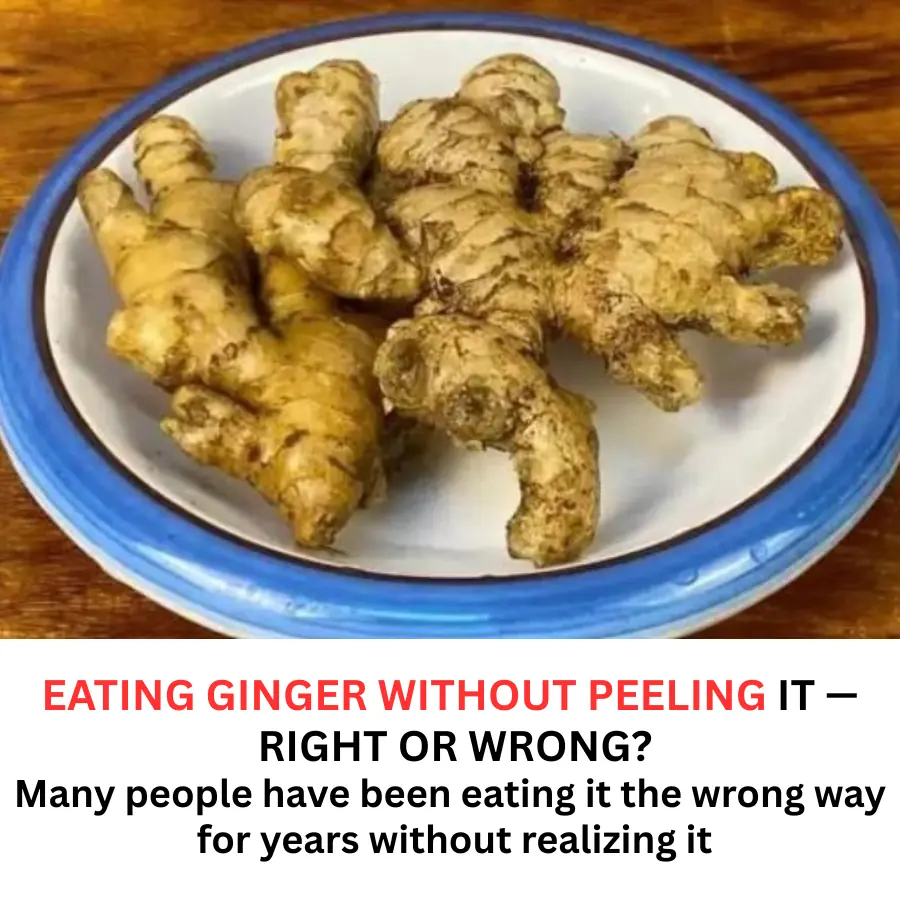
Eating Ginger Without Removing the Peel: Is It Really Harmful or Just a Common Misunderstanding?

Unlock the mystical power of an antique relic

Why are people with M-shaped hands considered special?
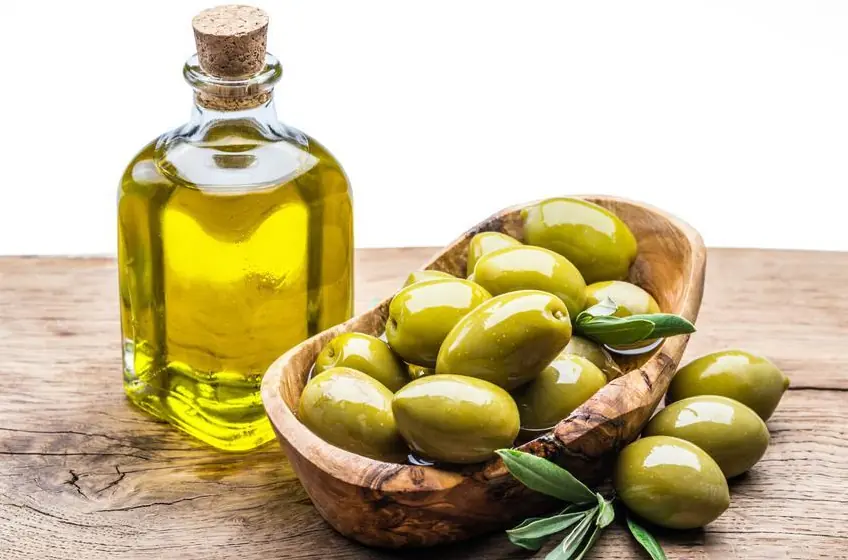
How long can cooking oil be stored after opening? How dangerous is it to consume expired oil?
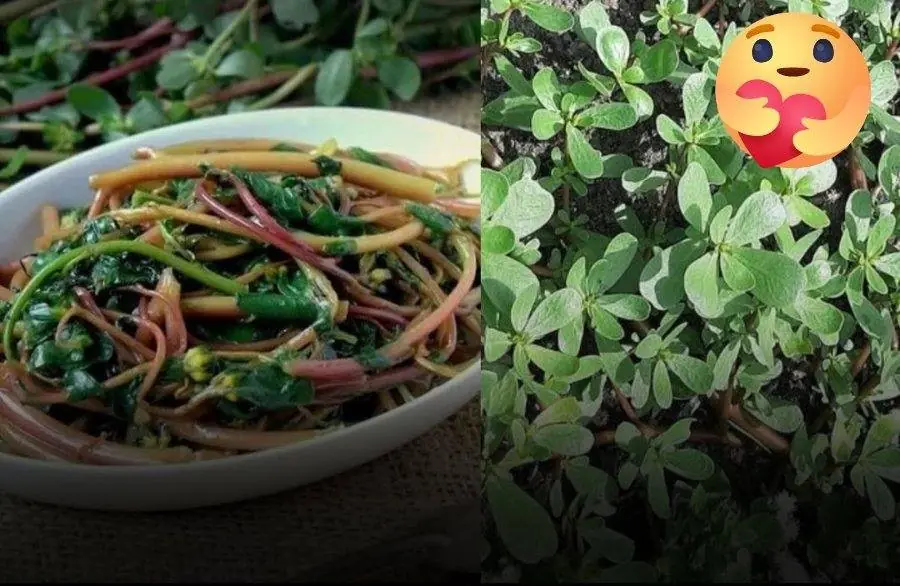
Many people don't realize just how nutritious this vegetable is

Pouring hot water down the kitchen sink may seem helpful, but it actually poses two major risks many people don’t know about

Doctors Warn: This Common Way of Eating Boiled Eggs Can Clog Your Arteries

Housewives should pay close attention to these common supermarket items

Have you ever wondered why people pour hot water into the drain?

Is Your Phone Overheating and Draining Battery Too Fast? Here’s How to Fix It and Restore Performance
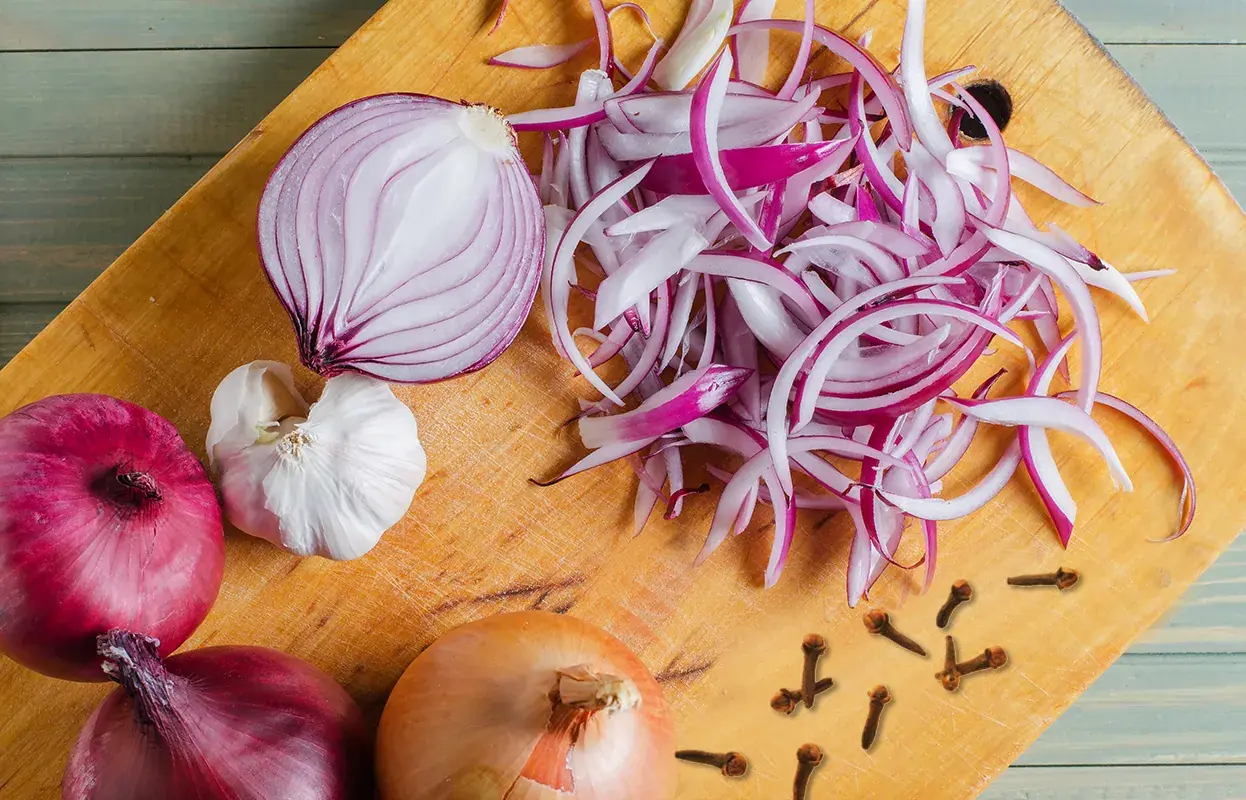
Doctors Speak Frankly: Four Types of People Should Avoid Onions

Why Some People in Their Early 40s Start to Develop an ‘Old-Age Smell’ — And It Has Nothing to Do With Hygiene

Japan’s hidden laundry technique: dries thick garments fast with 100% success

There’s always a reason: Why dogs bark at or chase people?

Why you should never pour household wastewater into the toilet?
News Post

Pumpkin Crunch Parfaits

Calling all sweet potato fans!

4 Finger Changes You Shouldn’t Ignore — Possible Signs of Lung Cancer

Middle-Aged People, Stop Doing These 7 Things-Even in the Cold Winter-Before It's Too Late!

How Sleeping on Your Left Side Supports Brain, Digestive, and Lymphatic Health

Ever Wondered Why Hotels Put a Cloth Across the Bed? Here’s the Answer

Your feet are a "bl.o.od sugar meter" Beware of diabetes if you frequent experience these 5 strange symptoms

Causes and symptoms of an umb:ilical hernia

7 indicators that your kidneys are functioning well - check
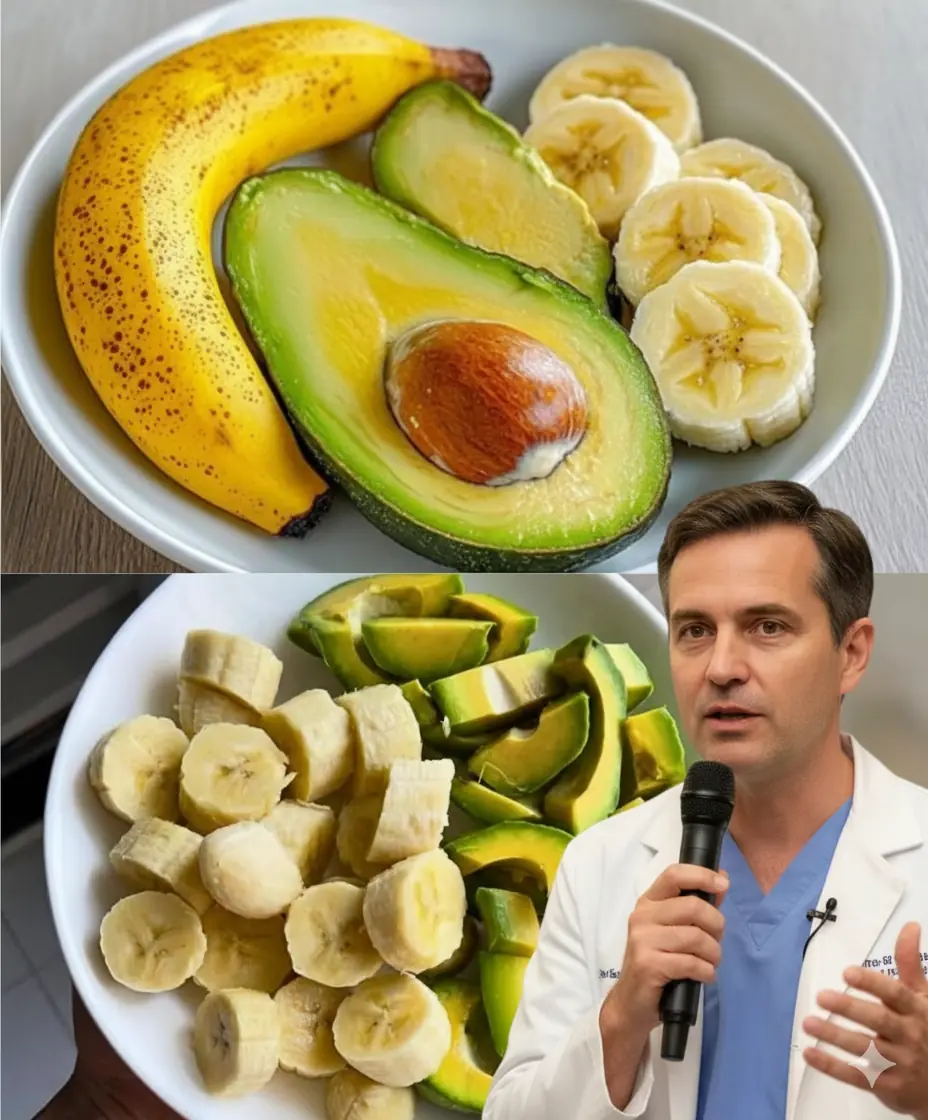
12 Benefits You’ll See After Eating Banana and Avocado Every Morning

Swollen Lymph Nodes in the Ne.ck - Here's When You Need to Worry

5 foods you should never keep overnight, if left over, throw it away

Early Warning Signs That C.a.ncer Is Growing In Your Body
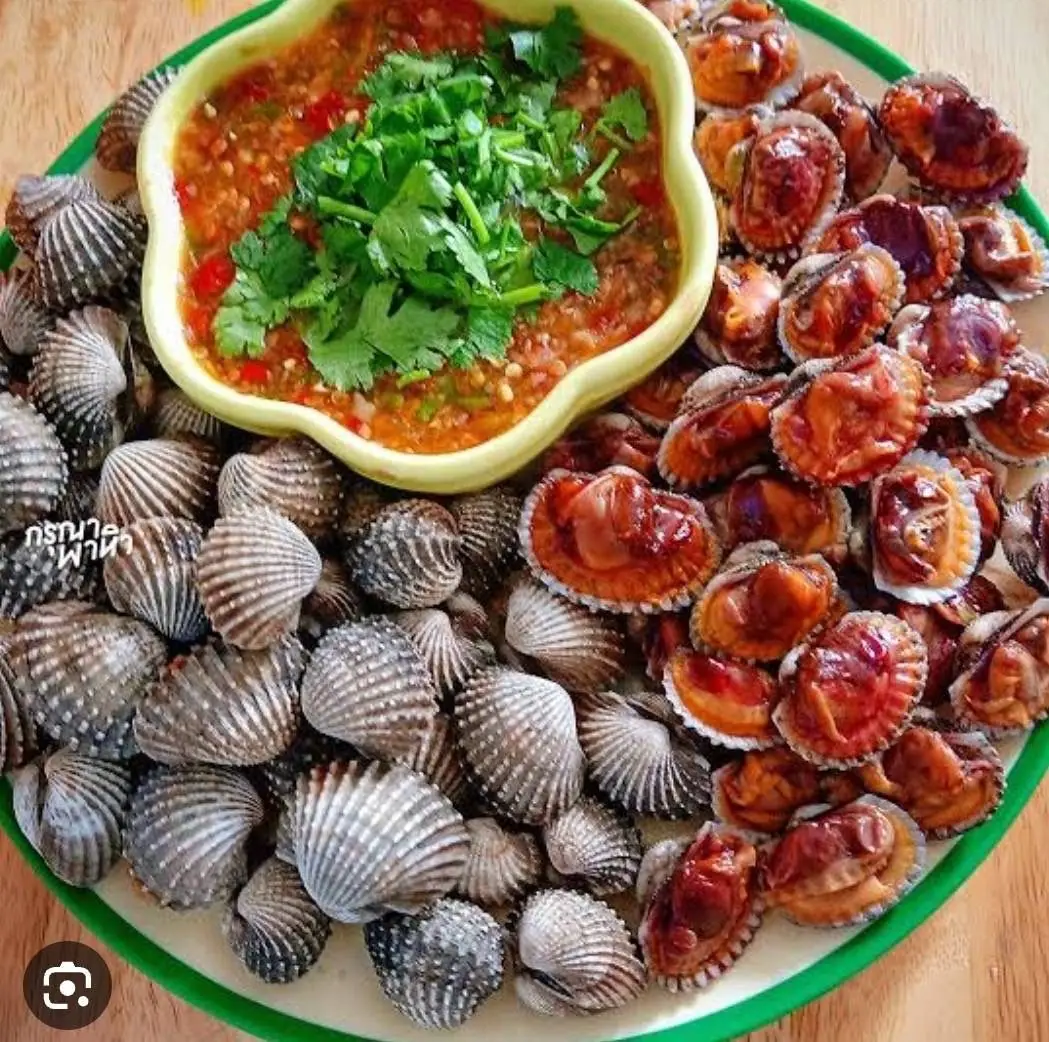
Steamed Cockles with Spicy Lime Chili Dipping Sauce
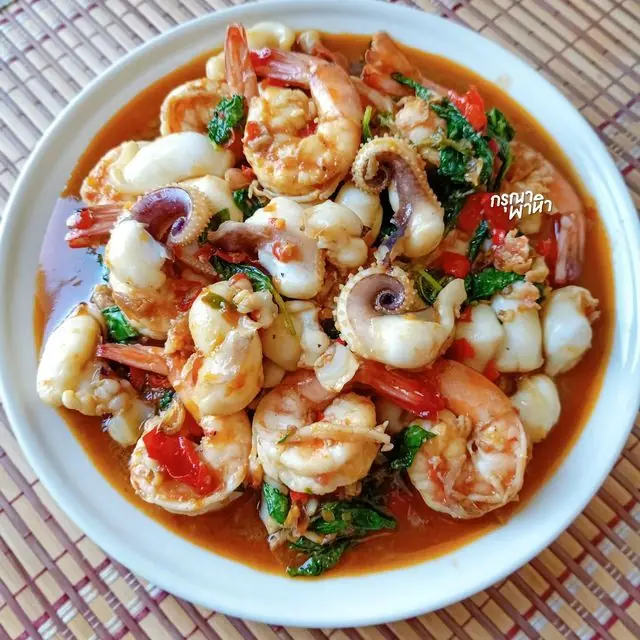
Spicy Stir-Fried Squid with Basil

Baked Stuffed Lobster Tails with Garlic Butter
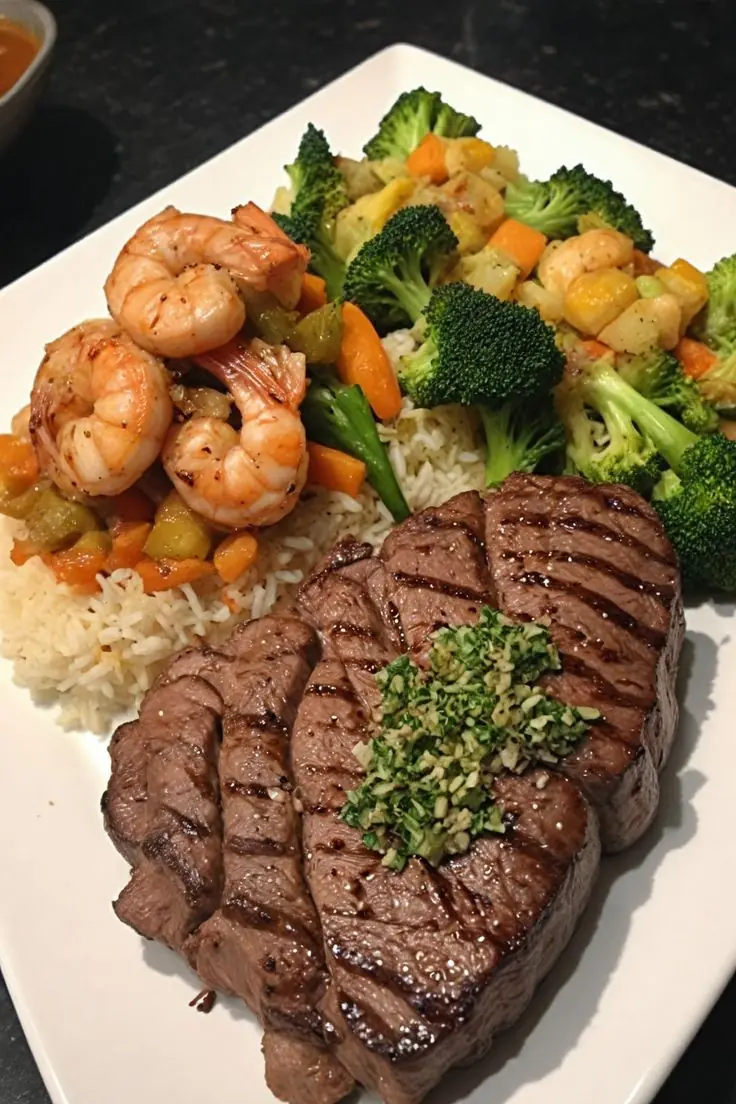
Grilled Steak & Shrimp with Rice and Mixed Vegetables

Classic Banana Pudding (No-Bake Layered Dessert)

Italian Deli Sandwich with Melted Cheese & Herb Butter
